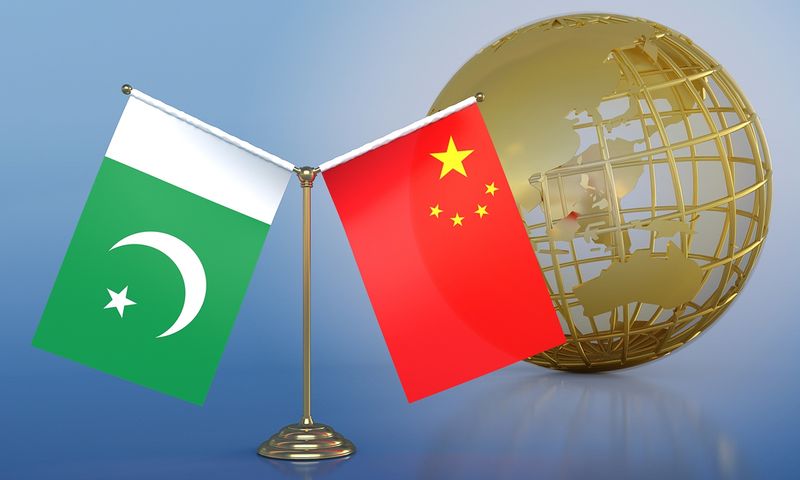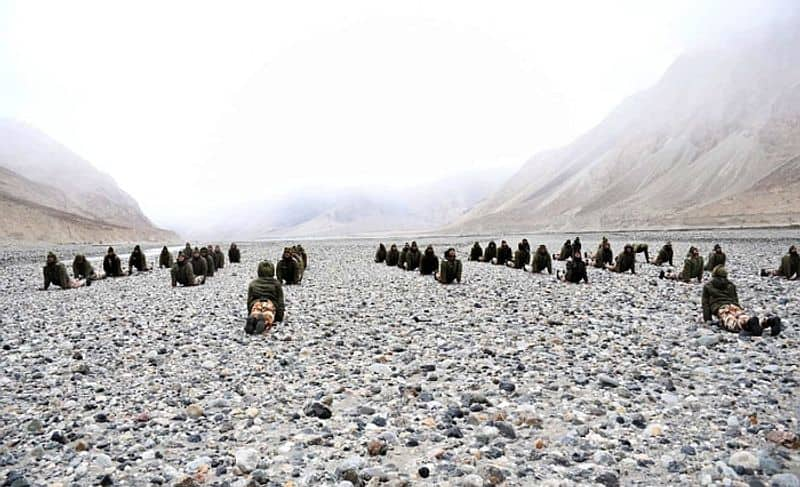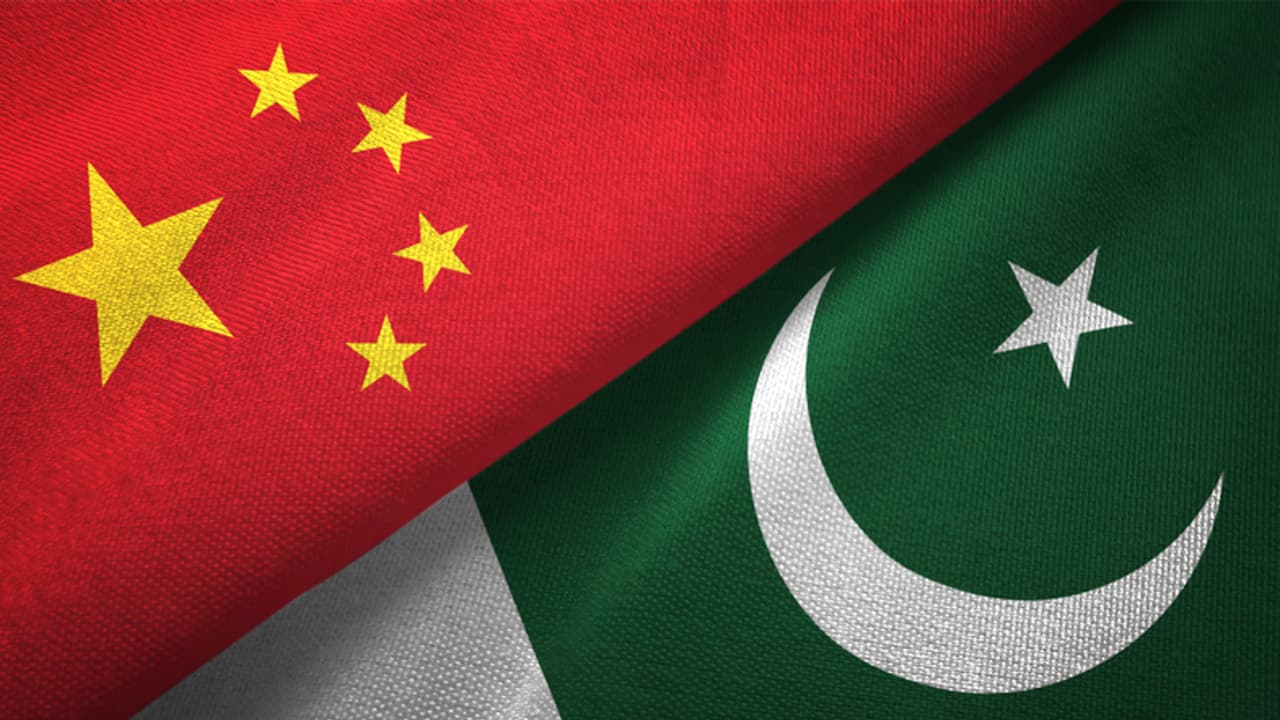China’s cautious stance after the Pahalgam terror attack raises doubts over its “all-weather” friendship with Pakistan amid rising India-Pakistan tensions.
The bond between China and Pakistan is often painted in grand terms—described as “higher than the Himalayas, deeper than the oceans,” and sealed with the label of “all-weather friends.” Pakistan has even been called “China’s Israel” by a former Chinese military official, hinting at an unbreakable alliance. But as tensions flare along the India-Pakistan border after the recent Pahalgam terror attack, a critical question looms: will China truly stand by Pakistan if India launches a military strike? Or will Beijing’s support remain limited to diplomatic words, leaving Pakistan to face the consequences alone?

The attack in Pahalgam has reignited old rivalries. India accuses Pakistan of sponsoring terrorism, while Pakistan denies the charges and leans on China for backing. China’s response, however, has been cautious. Foreign Minister Wang Yi urged both nations to “stay calm” and avoid escalation, while China quietly worked with Pakistan to dilute a United Nations Security Council statement on the attack. Unlike the strong UNSC condemnation after the 2019 Pulwama attack, this time the statement avoided fully endorsing India’s investigation. On the surface, China seems to have Pakistan’s back. But a closer look reveals cracks in this so-called ironclad friendship.

Pakistan’s Missteps and Munir’s Gamble
Pakistan’s army chief, General Asim Munir, may have seen the Pahalgam attack as a strategic move. With Pakistan grappling with a crumbling economy, a jailed former prime minister, and growing public anger against the military’s grip on politics, stirring trouble in Kashmir could distract the nation and rally support. Munir, who led the ISI during the 2019 Pulwama attack, might have calculated that global attention is distracted—focused on Gaza, Ukraine, and Taiwan—leaving room for Pakistan to act. He likely banked on China stepping in as a reliable ally, just as it has in the past with diplomatic and economic support.
But this could prove to be a costly miscalculation. The world has changed, and so have China’s priorities. Pakistan’s hopes of unconditional Chinese support may be rooted more in wishful thinking than reality.
China’s Waning Interest in Pakistan
China’s partnership with Pakistan has long rested on three pillars: access to Afghanistan, the China-Pakistan Economic Corridor (CPEC), and using Pakistan to counter India’s rise. All three are now showing signs of strain.
First, Afghanistan. China once relied on Pakistan to navigate its ties with the Taliban. But Beijing has since built direct relations with Kabul, sidelining Islamabad. Second, CPEC, a flagship project of China’s Belt and Road Initiative, has lost its shine. The Gwadar Port, once envisioned as a rival to Dubai, remains underdeveloped, plagued by local unrest, unpaid workers, and violence. What was meant to showcase China’s global ambitions now highlights its limitations.
Third, Pakistan’s role as a counterweight to India is becoming riskier. Pakistan’s growing instability, military dominance, and ties between its security forces and jihadist groups worry Beijing. China fears that chaos in Pakistan could spill over into its Xinjiang region, where it has cracked down on Islamist extremism. For China, a stable India is increasingly more valuable than an unpredictable Pakistan.

Lessons from History
Pakistan’s belief in China’s unwavering support isn’t new—it’s a hope that’s been dashed before. In 1971, during the Indo-Pak war that led to Bangladesh’s creation, Pakistan expected China to intervene militarily. That help never came. A 1972 editorial in Pakistan’s *Dawn* newspaper admitted the mistake: “If we hadn’t assumed China would back us fully, we might have avoided defeat.” Decades later, little seems to have changed. China offers words, economic deals, and strategic alignment—but not boots on the ground.
Why China Will Hesitate
China’s cautious stance today is driven by hard realities. At home, President Xi Jinping faces multiple challenges. His ongoing purge of the People’s Liberation Army has removed over a dozen senior officers, including leaders of China’s nuclear and missile forces, shaking confidence in military readiness. The economy is under strain from a trade war with the U.S., slowing growth, and weak consumer confidence. Xi is also focused on consolidating power ahead of the 2027 party congress.
Globally, China’s priorities lie elsewhere. Taiwan, the South China Sea, and economic ties in Southeast Asia take precedence over South Asia. While countering India remains important, Beijing sees value in easing tensions with New Delhi, especially after the 2020 Ladakh clash. India’s growing global influence and economic weight make it a key player in China’s long-term strategy. Risking a confrontation with India over Pakistan could disrupt these plans.

India’s Response and Pakistan’s Risk
India, meanwhile, is showing restraint but signaling strength. Prime Minister Narendra Modi has given the armed forces full freedom to respond to the Pahalgam attack, and India’s suspension of the Indus Waters Treaty—a first since its signing—sends a clear message. With superior conventional forces and a larger defense budget, India holds a military edge over Pakistan. If tensions escalate, Pakistan risks being outmatched.
For General Munir, the stakes are high. His gamble on China’s support may backfire if Beijing chooses diplomacy over action. Pakistan’s internal chaos and reliance on external allies leave it vulnerable. China, wary of being dragged into a messy conflict, is likely to keep its distance, offering verbal support but little else.
The Bigger Picture
The China-Pakistan friendship, though deep, is not unconditional. Beijing’s actions suggest it values stability and its own interests over blind loyalty to Islamabad. For Pakistan, this is a wake-up call: banking on China to save the day could lead to disappointment, just as it did in 1971. For India, the challenge is to respond firmly but avoid escalation that could destabilize the region.
In the end, China’s “all-weather” friendship with Pakistan may not hold up under the storm of a full-blown India-Pakistan conflict. Xi Jinping’s focus on domestic challenges and global priorities means Pakistan may find itself standing alone, with only the echoes of grand promises to keep it company.
( The author Girish Linganna of this article is an award-winning Science Writer and a Defence, Aerospace & Political Analyst based in Bengaluru. He is also Director of ADD Engineering Components, India, Pvt. Ltd, a subsidiary of ADD Engineering GmbH, Germany. You can reach him at: girishlinganna@gmail.com )


